In the flood of books that are published each year, it is easy to miss worthy books, especially those published by independent presses that lack the marketing muscle of the big houses and which are never chosen by one of the celebrity book clubs. One of my favorite things is to help readers find these books. Here are eight books from the last ten years that offer a satisfying read and might be just the right choice for your book club.
The Sound Between the Notes – Barbara Linn Probst (SWP)
Barbara Linn Probst’s second novel, The Sound Between the Notes, is a portrait of a no-longer-young woman whose many compromises for family life eventually lead her to a search for self.
Susannah Lewis is approaching 40 and happily married to scientist Aaron. When their son, James, was born, Susannah gave up her ambitions to be a concert pianist, determined instead to be a devoted mother. She is trying to exorcise the ghost of her birth mother, who gave her up for adoption at birth. Although she was raised in nearly ideal circumstances by her adoptive parents, Dana and Tyler, the questions of her mother’s identity and the reason she chose not to keep Susannah have haunted her.
The Sound Between the Notes sensitively explores the issue of nature vs. nurture. When Susannah turned 18, she began a search for her birth mother to find out, among other things, where her musical talent came from. Now, having succeeded in raising a bright, charming, and all-around “good kid,” Susannah now yearns to return to her musical career. The Sound Between the Notes is an absorbing character study of a woman obsessed with artistic success after thinking her earlier life choices had made that impossible. It’s also a tightly plotted family mystery that probes questions of birth and adoptive family dynamics and their impact on the child in question, an examination of a marriage threatened by the protagonist’s dual obsessions, and an intimate look into the powerful spell that making music holds over musicians.
The River Within -- Karen Powell (Europa Editions)
Set in the village of Starome in North Yorkshire mostly during the mid-1950s, The River Within examines the fraught relationships among characters from different levels of the British class system. Like any good mystery, it grabs you from the start, when Alexander Richmond and his friends, siblings Lennie (Helena) and Thomas Fairweather, discover a body in the river that runs through the Richmond estate. It is Danny Masters, a friend from their childhood and Lennie’s classmate. When Danny is pulled from the river, the question is whether his death was an accident, a suicide, or murder. As we get to know these characters and several more, all three possibilities remain plausible.
Powell tells the story through the alternating perspectives of Lennie, Danny, and Alexander’s mother Venetia, and the plot moves back and forth in time from the 1930s to 1956. The charismatic Angus Richmond and his dutiful younger brother James are the scions of a fading family, whose Richmond Hall is expansive but slowly crumbling. Venetia comes from a middle-class family but adapts well to life among the landed gentry. Lennie and Thomas’s father, Peter, is the private secretary to Angus, and the Fairweathers live in a cottage on the estate. While to an outsider life on the Richmond estate appears to be proceeding smoothly as Britain recovers from the war, the estate turns out to be a hothouse of secrets and mysteries suitable to the setting of the North Yorkshire moors that we know well from classic Gothic novels.
The Loss of All Lost Things -- Amina Gautier (Elixir Press)
One of the great joys of reading authors with whom one is unfamiliar is discovering a truly distinctive writer whose work pushes all your buttons, intellectually and emotionally, and leaves you stunned, as if you’d looked at the sun for more than just that one permissible moment. In the last few years, I’ve experienced this reaction to the work of Molly Antopol (The UnAmericans), Rebecca Lee (Bobcat and Other Stories), Violet Kupersmith (The Frangipani Hotel), Brittani Sonnenberg (Home Leave), and Nina Swamidoss McConigley (Cowboys and East Indians).
Gautier’s third collection, The Loss of All Lost Things, is her best work yet. Here she moves beyond the concerns of her earlier work to the issue of loss in its many forms. Her characters have either suffered a loss, literally lost someone or something, or are at loose ends in figuring out what to do with their lives following a significant and often unexpected event. What so impresses me about these stories is Gautier’s ability to plumb the psyche of very complex characters with a psychological acuity that will break your heart repeatedly.
The Loss of All Lost Things is a dark and often disturbing collection, but Gautier is such a gifted storyteller, the characters and conflicts so compelling, the telling details so perfectly chosen, that you can’t turn away. Amina Gautier is a fearless writer who I am willing to follow anywhere.
The Golden Age -- Joan London (Europa Editions)
Joan London is a highly regarded author in her home of Australia. She deserves to be better known everywhere else. She has a gift for depicting both character and place, and her prose is uncluttered and elegant. In her latest novel, The Golden Age, she examines the polio epidemic that began in 1949 and continued for a decade.
Twelve-year-old Frank Gold, a recent immigrant to Perth from Hungary, is sent to the children’s hospital of the title to recover, and there he befriends another patient, Elsa Briggs. They keep up each other’s spirits through the vicissitudes of the dread disease and its various treatments, including the iron lung. The Golden Age is also the story of their parents, who cope with their children’s illness and life in Australia in varying ways. Frank’s mother was a famous pianist in Budapest and remains in denial that their life is in uncultured Western Australia now. His father, Meyer, is a hard-working delivery man who is grateful for the second chance Australia has given him and his family, and he intends to adapt and thrive, whatever the cost. Elsa’s mother, a perfectionist, struggles to accept that Elsa will not be the daughter she wants. Her attentions shift to Elsa’s siblings, making Frank’s friendship ever more valuable. The director of The Golden Age, Sister Penny, serves as a bridge between parents and their sick children, and her relationship with one parent becomes particularly important. Though dedicated to her charges, she has her own vulnerabilities.
This is an absorbing and deeply compassionate novel by an author who deserves a much wider audience. When you read it, you will see why it won the Prime Minister’s Award for Fiction, The Patrick White Literary Award, The Queensland Literary Award for Fiction, and The New South Wales Premier’s People’s Choice Award.
Deceit and Other Possibilities -- Vanessa Hua (Counterpoint Press)
Vanessa Hua received a lot of acclaim for her debut novel, A River of Stars. But I first heard of her when this collection received an Asian/Pacific American Award in Literature and was a finalist for a California Book Award. Deceit and Other Possibilities is the best short story collection I’ve read in quite a while. It was originally published by Willow Press in 2016 but was reissued with three new stories by Counterpoint Press in 2020.
These 13 stories concern characters struggling with their immigrant identity and resulting life choices: an elderly immigrant from Chinatown forced to return home after 50 years (“The Older the Ginger”); a Korean-American teen who finds an unusual way to become a student at Stanford in order to satisfy his ambitious parents (“Accepted”); a young Chinese-American celebrity from Hong Kong who returns to Oakland following a sex scandal (“Line, Please”); a Korean-American pastor doing missionary work in East Africa whose intentions are not as good as they seem (“The Deal”); and a Mexican immigrant boy whose parents are torn between the present and a possible future (“What We Have is What We Need”).
Hua is a masterful writer. Her stories feature a finely-honed sense of characterization, an ear for realistically quirky dialogue, and a direct, occasionally acerbic tone that doesn’t completely hide her sympathy for these very human characters.
The Universal Physics of Escape -- Elizabeth Gonzalez (Press 53)
I read a lot of short story collections and Gonzalez’s debut made a big impression with its wide-ranging intelligence and crisp writing. The winner of the 2015 Press 53 Award for Short Fiction, The Universal Physics of Escape essays a diverse cast of characters trying to find their way out of one circumstance or another, to figure out what is next and how to get there. Gonzalez moves across subjects, settings, and conflicts, but the unifying thread is her compassionate insight into her characters’ lives. The other thing that impressed me was the quality of her writing, with its masterful prose, realistic dialogue, and confident display of varied narrative voices. Every story pulled me in and held me fast, intrigued by the often odd settings and plots. While the conclusions of some stories were unsettling or unclear, they left me pondering the people and problems she presents.
On a Night of a Thousand Stars – Andrea Yaryura Clark (Grand Central Publishing)
Most Americans are unfamiliar with Argentina’s notorious Dirty War of the mid-1970s, in which the military regime attempted to crush dissent by “disappearing” dissidents and other opponents. In her debut novel, Clark tells the story of Argentine diplomat Santiago Larrea and his family. When he’s named Ambassador to the UN, his daughter Paloma begins to investigate his life in the years leading up to the start of the Dirty War in 1976. What she learns forces her to reconsider her own life. [For nonfiction about this dark chapter in Argentina’s history, read Prisoner Without a Name, Cell Without a Number by influential newspaper publisher Jacobo Timerman and My Name is Victoria: The Extraordinary Story of One Woman’s Struggle to Reclaim Her True Identity (Other Press) by Victoria Donda.]
Five Little Indians – Michelle Good (Harper Perennial)
The horrifying abuses committed at Indian Residential Schools in Canada have been in the news the last few years. The government and Catholic Church joined forces to take Native children from their families to be raised and educated at schools that were more like prisons. (Similar schools and policies existed in the U.S. until the 1970s.) Good’s powerful and heartbreaking novel follows five students after their release (and in one case, escape) from a “school” in rural British Columbia, starting in the late 1960s and continuing for several decades. Each character copes with their traumatic experiences in different ways, some more successfully than others. Required reading.

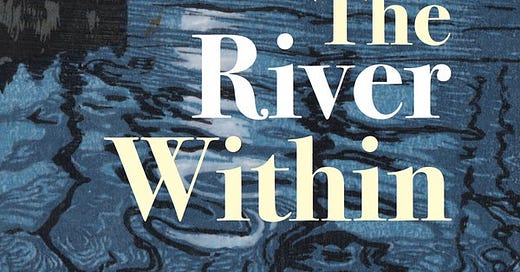

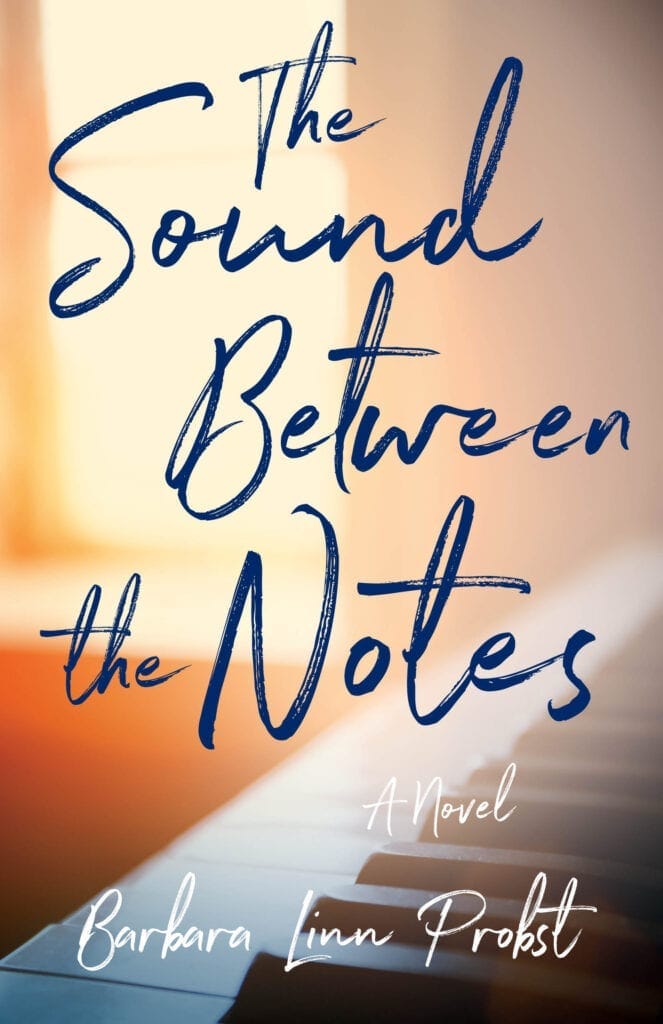

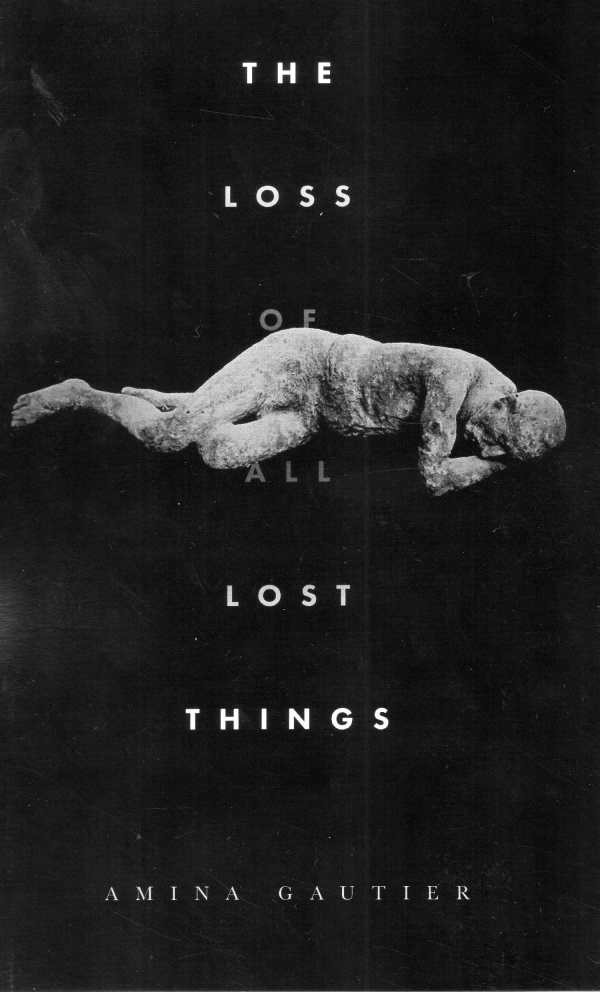
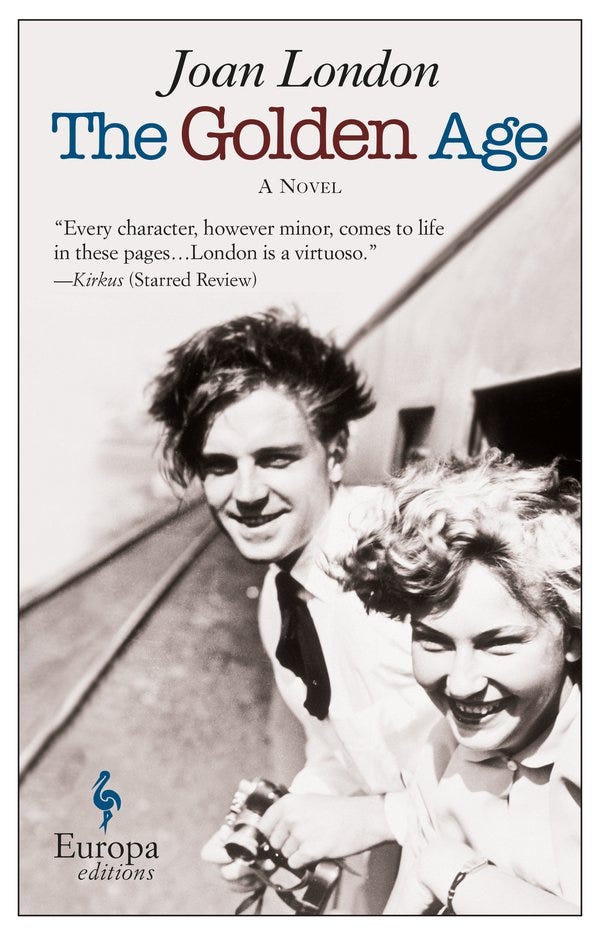
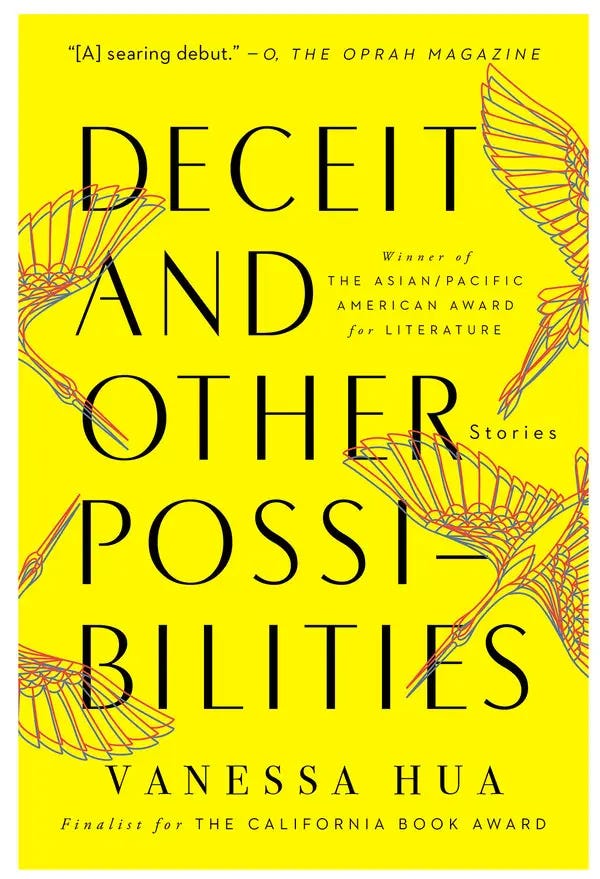
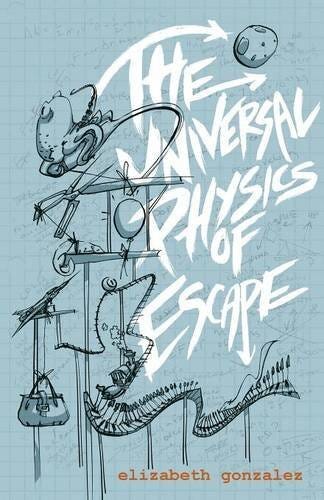
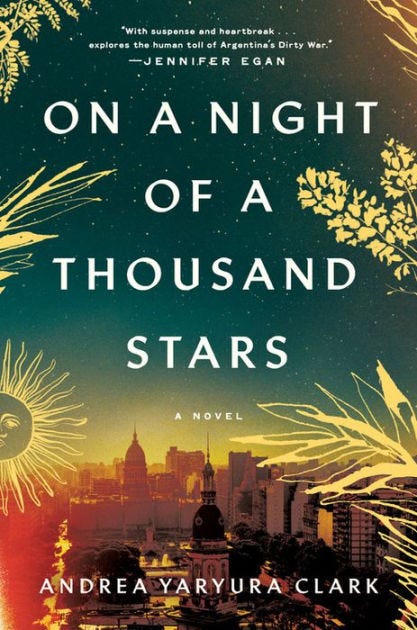
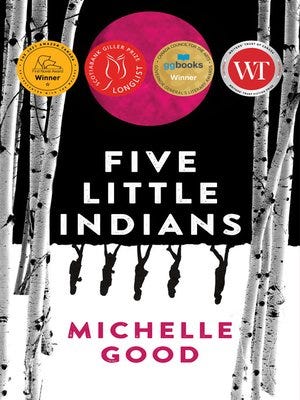
Thank you for these wonderful suggestions!
thanks for these recs/reviews! They all look great!